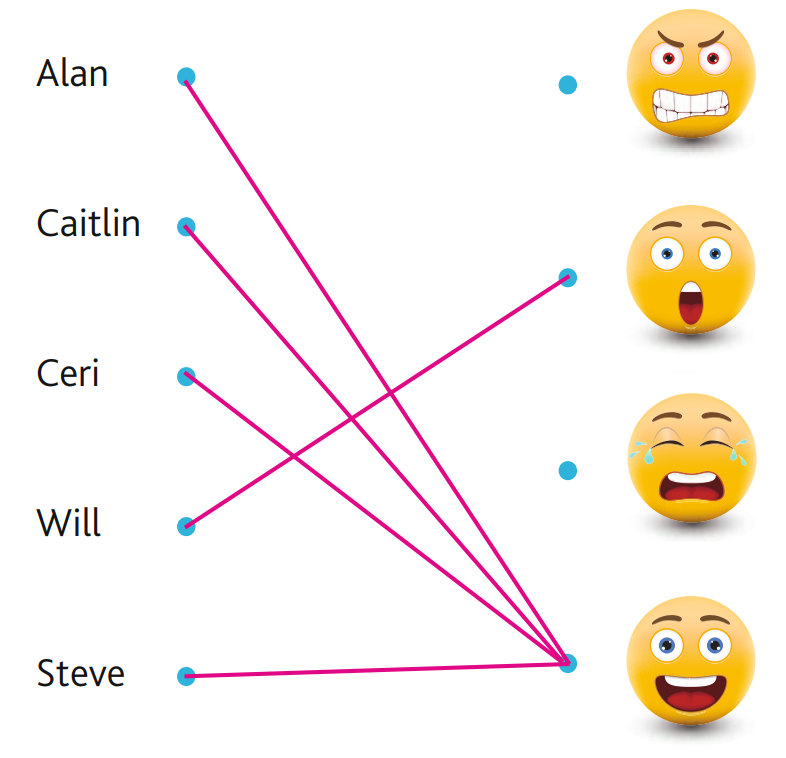Mon objectif : Comprendre des informations lors d’un voyage en train. Parler de ma famille.
Objectifs linguistiques : Le son schwa. Be au present. Have got. Le voyage. La famille.
Resources :
PDF: Train Ticket
PDF: Who’s Who
PDF: At the Station Worksheet
Contents
Preparing
Look at, and complete the document Train Ticket.
Copy the vocabulary kit, and look up the translations.
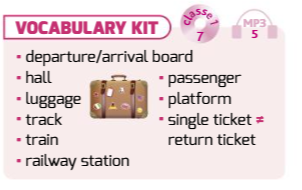
Look at the image. Say what you can (where? what? who?).
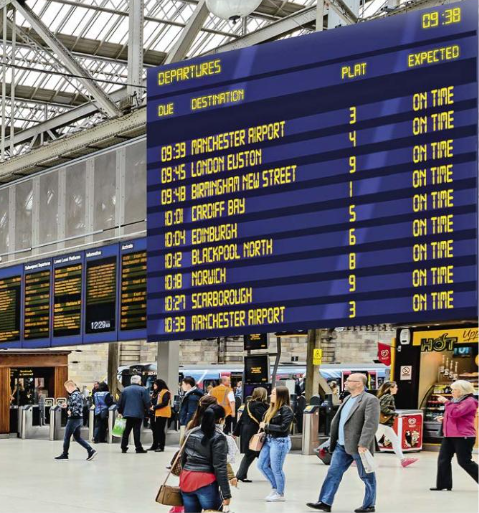
- It’s a train station.
- There are lots of people.
- There is a large departure board.
Train Times
Copy the table

Listen to the first section of the audio, and complete the table.
Liverpool – Manchester – Cardiff
10:01 – 10:55 – 14:47
Steve and Will's Journey
Listen to the second half of the audio. (0.21)
Write the words you hear.

- Write down any words that you understand.
- Now, recap what you understand. Use the words you’ve written.
Steve and Will are going to visit…
Steve and Will are going to visit Steve’s relatives in Cardiff. Steve has two cousins, a boy named Alan and a girl named Ceri. Will is surprised to hear that Ceri is a girl’s name. Will doesn’t have any cousins, but he does have one sister.
Steve’s relatives live on a small farm next to Cardiff. They have ten cats, three sheep, two pigs and a horse. Will only has a goldfish because he lives in a small flat.
Will is impatient to see Steve’s cousin’s farm.
The Melody of English
Ecoute et écrire les mots suivants et souligne la syllabe que tu entends le plus, c’est-à-dire la plus accentuée.
Manchester – London – people – accent – welcome – uncle
Manchester – London – people – accent – welcome – uncle
Quel est le son que tu entends dans les autres syllabes ?
/e/ – eh
/o/ – oh
/ə/ – uh
Lorsqu’une syllabe est accentuée / n’est pas accentuée, le son voyelle est généralement réduit et se prononce souvent / …. /. On appelle ce son le schwa.
Ecoute comment se prononcent les articles a et the dans les groupes de mots suivants.
a big house
a girl
the train
the car
a big house – a girl – the train – the car
Les articles a et the sont porteurs / ne sont pas porteurs de l’information principale dans les exemples ci-dessus. Ils sont / ne sont pas accentués. A et the se prononcent avec le son / … /.
Ecoute et répète les phrases suivantes en respectant bien le son /ə/.
- Welcome to London.
- Many people in Manchester like football.
- My brother in Scotland has got a strong accent.
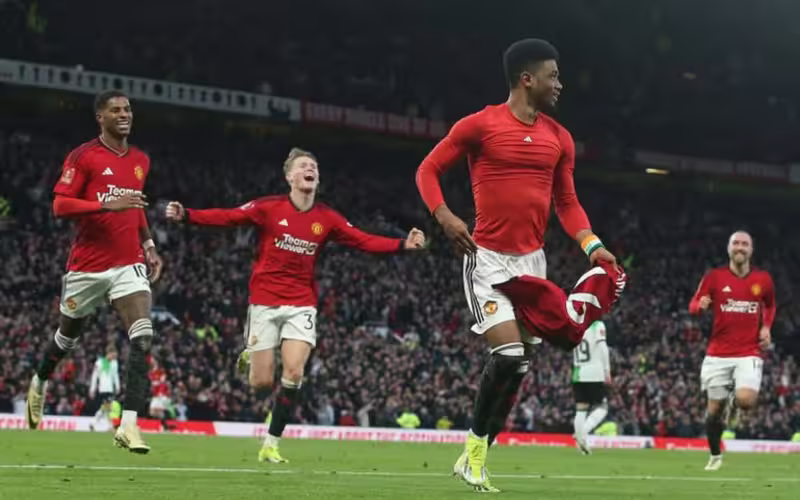
Meeting the family
Look at the photo and say what you can.
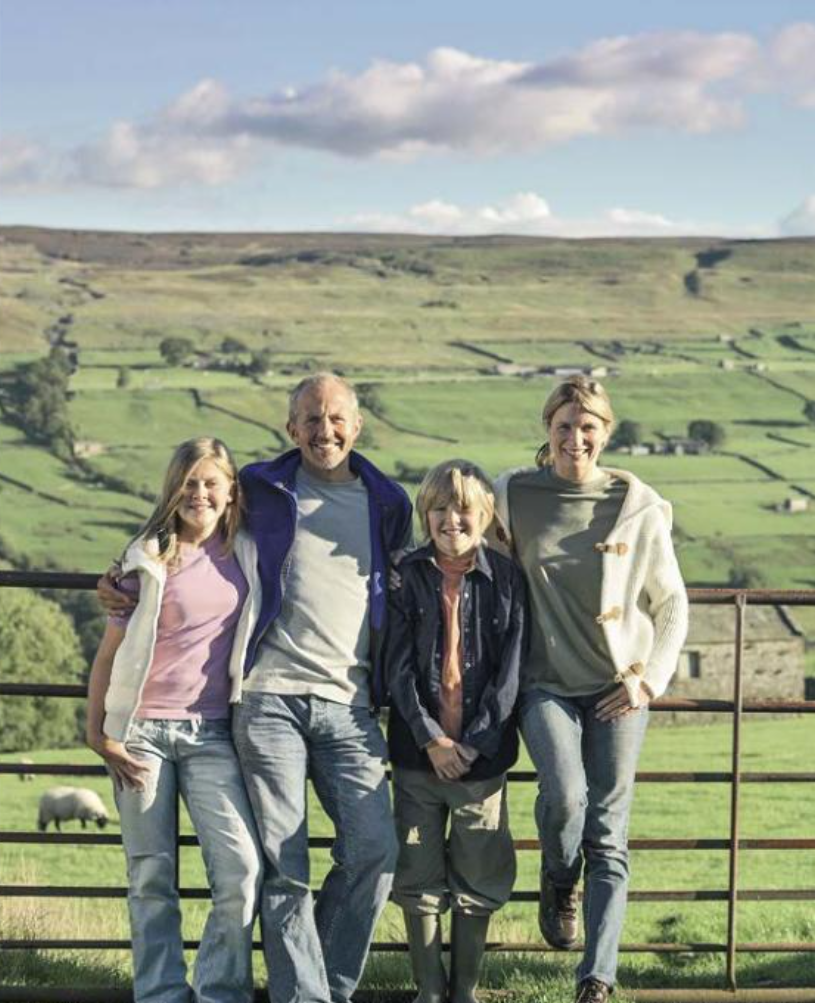
1 – Listen to the conversation and list the people that speak or who are mentioned.
Auntie Caitlin – Steve – Will – Ceri – Alan – Uncle Dylan
2 – Listen again and write down all the words and expressions you understand or recognize.
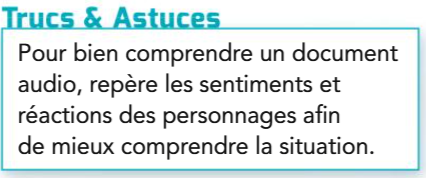
3 – Listen and focus on the people’s reactions at the end of the conversation. Match each person or group of people to a feeling.
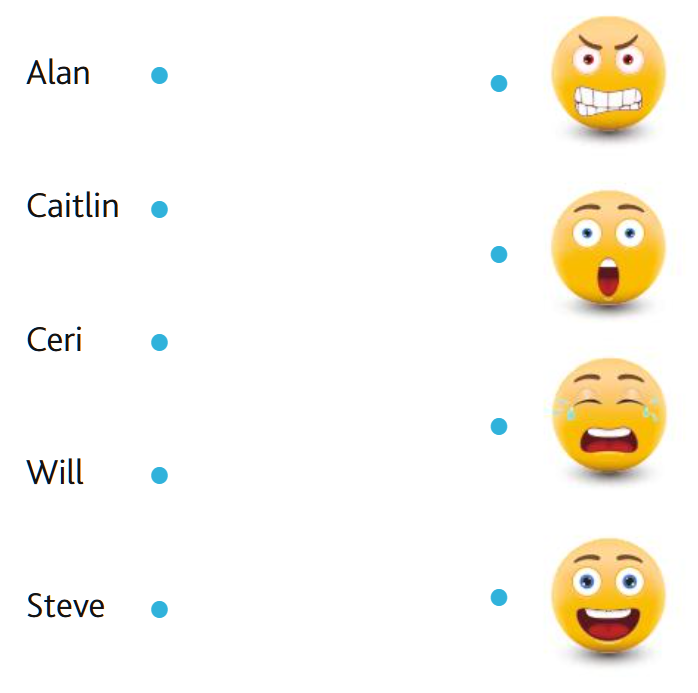
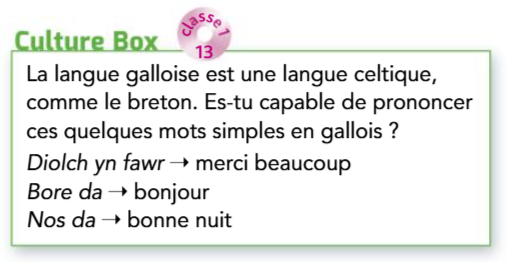
Conjugating be
Observe les phrases tirée du dialogue et complète.
- I’m so happy to go to Cardiff.
- How old are you?
- Alan is a boy but Ceri isn’t.
Dans les phrases ci-dessus, be est conjugué au ……. . A la forme négative on ajoute la négation ……. après be conjugué et à la forme interrogative on ……. le sujet et be conjugué. Dans les phrases ci-dessus, be est un ……. .
Dans les phrases ci-dessus, be est conjugué au present simple . A la forme négative on ajoute la négation not après be conjugué et à la forme interrogative on inverse le sujet et be conjugué. Dans les phrases ci-dessus, be est un verbe.
Complète le tableau suivant.

Have got
Indique pour chaque phrase à quoi sert have got. Relie les deux colonnes.

Observe les exemples ci-dessus et complète.
- A la 3e personne du singulier, have devient ……. . La forme contractée de ……. est …….
- A la forme négative, on ajoute la négation ……. après have conjugué.
- A la forme ……., on ……. le sujet et have conjugué.
- Dans « have got », have est un …… .
- A la 3e pesonne du singulier, have devient has . La forme contractée de has est ‘s .
- A la forme négative, on ajoute la négation n’t. après have conjugué.
- A la forme interrogative, on inverse le sujet et have conjugué.
- Dans « have got », have est un auxiliaire .

Who's who
Let’s revise a few questions.
How old are you?
I’m eleven.Have you got any brothers and sisters?
Yes, I have got one brother and two sisters.How many cousins have you got?
I have got one cousin.Do you live in a house or a flat?
I live in a flat.Have you got any pets?
Yes, I have got three dogs and a cat.
Let’s play Who’s Who. Take your card and check your new identity.
- The aim of the game is to find your classmate’s identity.
- Ask one question per turn.
- Write your classmate’s names on your sheet when you’re sure.
- Say « ready » when you have guessed all the names.
Worksheets
Complete the worksheet at the station.
